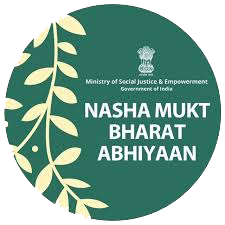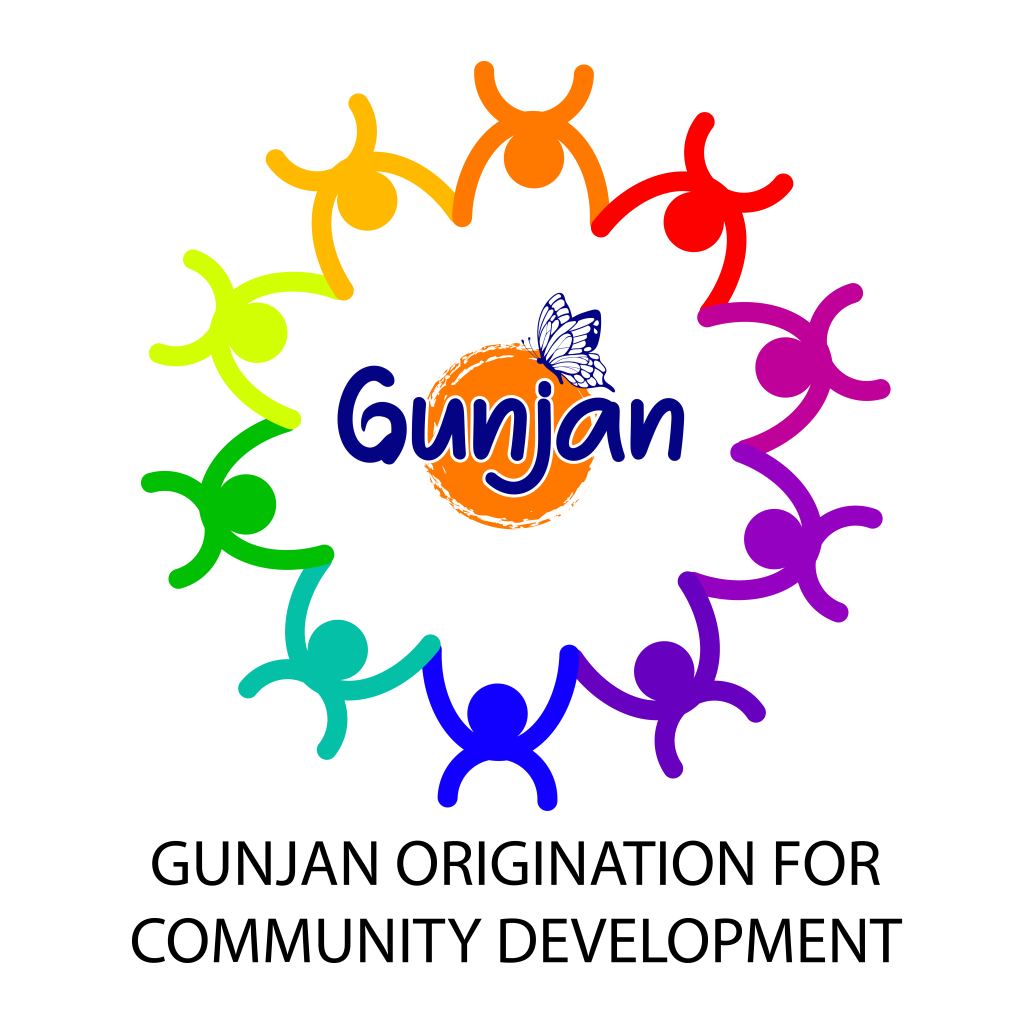Centre to de-addict and rehabilitate people under Drug impact Treatment cum Rehabilitation Programme
Recognising Substance Abuse and Alcoholism as a psycho-socio medical problem, Ministry of Social Justice and Empowerment, Government of India has taken an initiative to initiate centers to de-addict and rehabilitate people who are under the influence of drug abuse and the approach for the same is envisaged to provide whole range of services including awareness generation, identification, treatment and rehabilitation of addicts through the Voluntary Organizations. With a view to reducing the demand for the consumption of alcohol and dependence producing substances, the thrust will be on preventive education programmes and on reintegration of the addicts into the mainstream of the society. While the Govt. of India would provide financial support to the organizations for institutionalized activities, stress would be on mobilization of community resources and greater community participation. The services provided at the center is – preventive education and awareness generation, Screening and Motivational Counseling, Detoxification and whole person recovery(WPR), Care and Support to families and drug users, Referral Services, After care and follow-up and rehabilitation support.
Regional Resource and Training Centre North Zone – II
Gunjan Organisation for Community Development has been designated as RRTC North II for the States of H.P, J&K, and Chandigarh funded by MSJE, Government of India, states since 2010. RRTC conduct trainings for more than 120 Drug De-addiction Centers working in private set up or receiving Grant in Aid under the Scheme of Prevention of Alcoholism and Substance (Drugs) Abuse of Ministry of Social Justice and Empowerment, Government of India. RRTC is responsible to ensure training of service providers, Documentation of programmes/results, Advocacy, research and monitoring, technical support to NGOs, CBOs and Enterprises, strengthening the rehabilitation of the addicts, planning and taking the workers of IRCA for exposure visits, IRCA workers exchange programmes etc.
Primary Prevention Programs
Tele-counselling on drugs related issues
Tele-counselling is potentially free of certain constraining factors that affect traditional therapy, including geography, time, duration, and cost, making this form of counselling more accessible for a number of people who would be unable to attend traditional psychotherapy. It also provides a degree of anonymity that is comforting to some callers, reducing the intimidation that some people may feel at the prospect of seeking treatment with a traditional in-person therapist and encouraging disclosure. Also research shows telephone counselling to have better results among patients with depression. Organisation has established tele-counselling services with the support of public resources and own contributions. In the financial year 2014 – 15 totals 2017 people were given information and counselling, out of which 7% visited to drug de-addiction centre for the treatment. As an innovation senior citizens are managing this centre voluntarily and managing this centre at least for 60% of its time.
Sensitisation Workshops for School Children on drug abuse
The incidence of drug abuse among youth and adolescents is higher in comparison to the rest of the population. This is notably because youth is a time for experimentation and identity forming. Drug abuse among youth is generally associated with particular youth subcultures and lifestyles. It is revealed that 63.6 % of patients coming in for treatment were introduced to drugs at a young age below 15 years. According to another report 13.1% of the people involved in drug and substance abuse in India, are below 20 years. Keeping this in mind, organisation has taken initiative by conducting workshops in different schools in the state of Himachal Pradesh.


